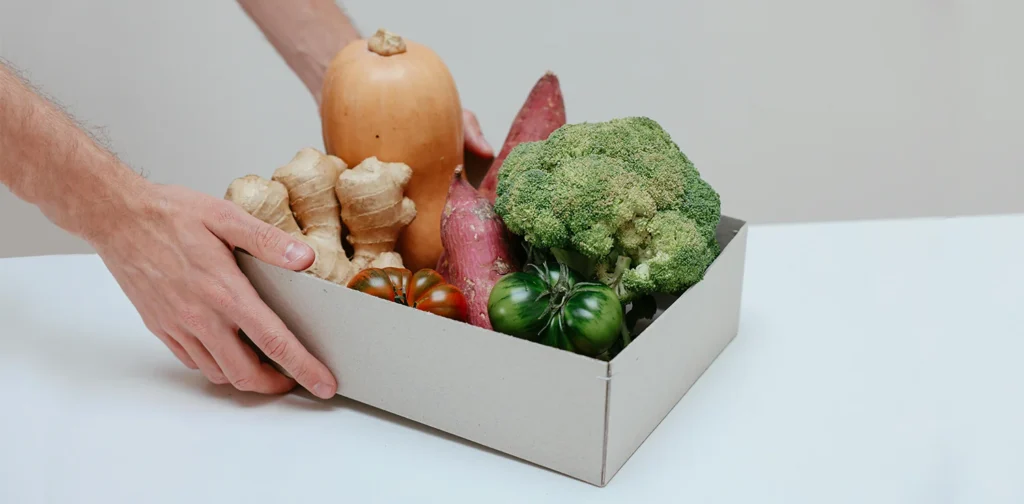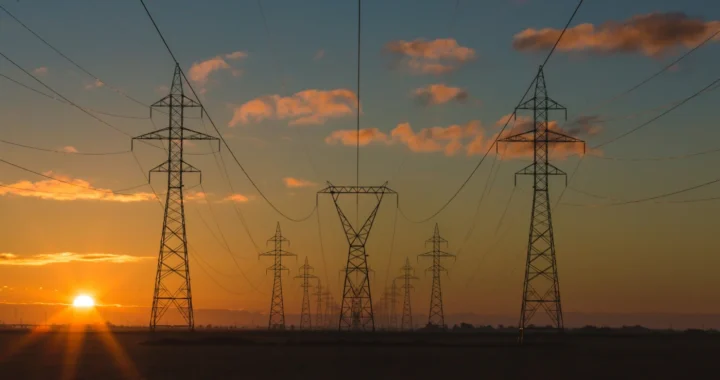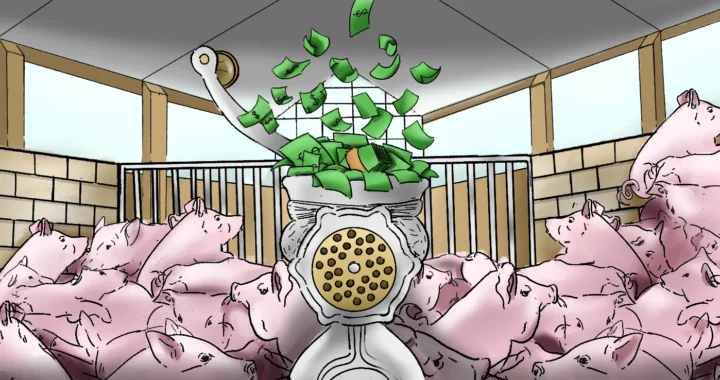Open Storage Model for Storing Food Without Electricity

Photo by Cup of Couple on Pexels
Preserving food without electricity may seem challenging without a refrigerator today. However, the climate crisis requires us to be mindful of our electricity consumption, including refrigerator usage. To address this, an open storage model offers a potential solution to store food without electricity.
Cooling Yet Heating
Today, food storage has grown to depend on cooling systems. Refrigerators are among the most common choices for households due to their ability to slow down bacterial growth and help items stay fresh longer, providing a much easier and less time-consuming way to preserve food than traditional methods like pickling, drying, or canning.
Ironically, refrigerators and other cooling systems are heating up the planet due to the intensive energy they consume to maintain consistent temperatures. Since much of the world’s electricity still comes from fossil fuels, this level of energy use has a harmful impact on the environment.
Moreover, coolant gases used by cooling appliances, such as hydrofluorocarbons (HFCs), are extremely detrimental to the environment. Some highly potent HFCs are still being used today, and releasing just one tonne of these gasses has the same environmental impact as emitting 14,800 tonnes of carbon dioxide.
Open Storage Model
Without interventions, excessive use of refrigerators and other cooling systems can accelerate global warming, pushing the Earth closer to surpassing the critical 1.5°C temperature limit. The threshold could be crossed by 2024, with 2023 already the hottest year on record. Therefore, an alternative to conventional cooling food storage systems is needed.
An open storage model could provide a sustainable alternative for food preservation without electricity. The model refers to an open wood container without a lid to maximize airflow and regulate humidity. This prevents excess moisture, therefore reducing the risk of mold and keeping vegetables fresh longer.
Projects like Save Food from the Fridge emphasize the importance of tailoring storage methods to the specific needs of each food item. While refrigerators can be too cold for certain vegetables, the open storage model allows food to be stored in conditions that better suit their natural properties.
For example, root vegetables can be placed in pockets of soil, keeping them fresh for longer. Carrots and scallions can be stored vertically with a sand or soil base to maintain their natural state. Additionally, some open storage designs include a water tray beneath the box to rehydrate vegetables by replacing lost moisture daily.
Another example of this model is La Caja Verde from Argentina, a furniture-based open food storage system. Made from phenolic multi-laminated wood, it is designed to resist moisture and store up to 20 kilograms of food.
Mainstreaming Alternative Food Storage Method
The open storage model shows the possibility of storing food without electricity, reducing environmental harm while maintaining modern convenience. Whenever possible, we can begin shifting to a sustainable lifestyle by rethinking our consumption habits, such as how we store food.
Additionally, supporting systemic interventions, as well as providing funding for practical tools and ideas that can actively reduce our carbon footprint, are crucial steps. Combining innovation, rethinking our daily habits, and mainstreaming good practices is crucial to achieving our climate goals and building a more sustainable future for all.
Editor: Kresentia Madina & Nazalea Kusuma

If you find this content useful, please consider subscribing to Green Network Asia.
Your subscription will give you access to our interdisciplinary and cross-sectoral insights on sustainability-related issues and sustainable development across the Asia Pacific and beyond, strengthening your personal and professional development while supporting GNA’s financial capacity to continue publishing content dedicated to public education and multi-stakeholder advocacy.
Select Your Subscription PlanDinda Rahmania
Dinda is a Reporter at Green Network Asia. She is currently studying undergraduate program of International Relations at President University.


 Air Pollution Is Linked to Higher Dementia Risk
Air Pollution Is Linked to Higher Dementia Risk  Developing Financing Initiatives for the ASEAN Power Grid
Developing Financing Initiatives for the ASEAN Power Grid  Imparting Actionable Knowledge Through Sustainability Training Activities
Imparting Actionable Knowledge Through Sustainability Training Activities  Stop Funding Factory Farming in Vietnam: Pathway to Financing a Just and Sustainable Food System
Stop Funding Factory Farming in Vietnam: Pathway to Financing a Just and Sustainable Food System  When Green Turns Excessive: The Overproduction and Overconsumption of Reusables
When Green Turns Excessive: The Overproduction and Overconsumption of Reusables  SDG Venture Scaler Aims to Drive Sustainable Investment in Southeast Asia
SDG Venture Scaler Aims to Drive Sustainable Investment in Southeast Asia